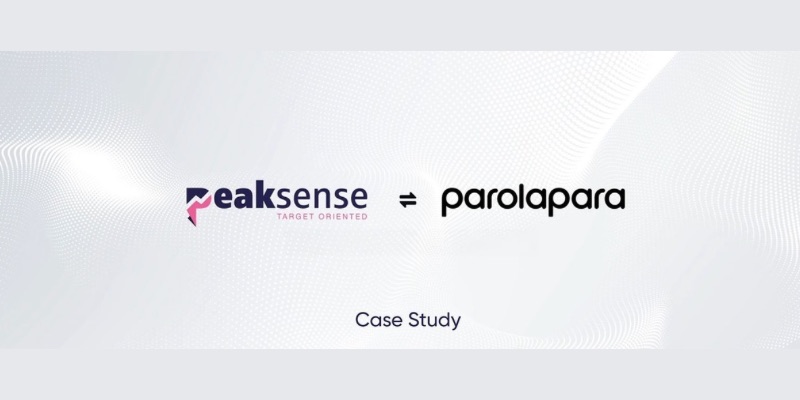Law Firms Face Rising Cyber Threats: Are They Ready?
November 4, 2024, 3 min read
Law firms are under siege from cyber threats, facing unprecedented risks to client confidentiality and operational security—are they equipped to fight back? In today’s digital landscape, law firms are under increasing cyber threats, raising questions about how prepared they are to safeguard sensitive client data. Cybersecurity is no longer an option but a critical need as data breaches, ransomware, and other cyberattacks become more sophisticated. As the legal tech industry navigates these rising cyber risks, it’s essential to understand the threats, potential impact, and necessary protective measures.
The Growing Cyber Threats in the Legal Sector
According to a recent study by the American Bar Association, 25% of law firms have experienced a data breach in the past few years. This alarming figure reflects a significant increase in cyberattacks targeting the legal sector. Law firms hold vast amounts of sensitive client information, from financial records to intellectual property, making them prime targets for hackers.
Key threats to law firms include:
- Ransomware Attacks: The latest SonicWall Cyber Threat Report reveals a 62% increase in ransomware attacks globally in the last year alone, with legal and professional services among the most targeted.
- Phishing Attacks: Over 80% of data breaches involve phishing, according to Verizon’s Data Breach Investigations Report. Phishing attacks manipulate individuals into sharing confidential information, making employees in law firms a common point of entry for hackers.
- Data Exfiltration: Hackers are increasingly stealing data before initiating ransomware attacks. This “double extortion” tactic pressures firms to pay, even if they have backups.
Why Law Firms Are Targeted by Cybercriminals
Law firms manage a wealth of confidential data, including financial and proprietary business information. This makes them attractive to cybercriminals looking to exploit vulnerabilities in under-protected IT infrastructures. A 2023 survey from the National Law Review found that 60% of law firms consider cybersecurity as their top business concern, but fewer than 20% have implemented strong protective measures.
The pressure on law firms is further heightened by compliance requirements. Legal practices handling personal data must comply with GDPR, HIPAA, and other regulations. Non-compliance can lead to fines, penalties, and severe reputational damage, with data breaches costing U.S. companies an average of $9.44 million per incident (IBM Cost of a Data Breach Report).
Is the Legal Sector Prepared?
While awareness of cyber threats has grown, many firms still lag in implementing effective cybersecurity measures. A 2024 report by the Cybersecurity & Infrastructure Security Agency (CISA) revealed that less than 50% of law firms have comprehensive cybersecurity training programs, leaving staff vulnerable to phishing attacks and other social engineering tactics.
Several challenges limit cybersecurity efforts in law firms:
- Limited Budget: Smaller law firms often operate on tight budgets, allocating minimal resources to cybersecurity.
- Insufficient IT Infrastructure: Outdated systems are common in law firms, which often rely on legacy applications that are vulnerable to attacks.
- Lack of Expertise: Many legal professionals lack cybersecurity knowledge, making it harder for firms to implement effective security policies.
How Law Firms Can Strengthen Their Cybersecurity
- Invest in Comprehensive Cybersecurity Training: Employees are often the first line of defense against cyber threats. Implementing regular, updated training programs can reduce the risk of phishing and social engineering attacks.
- Upgrade IT Systems: Regularly updating software and investing in secure infrastructure minimizes vulnerabilities. According to CISA, using the latest cybersecurity tools can reduce the likelihood of a breach by nearly 50%.
- Adopt Multi-Factor Authentication (MFA): Requiring multiple forms of verification for access can help prevent unauthorized access. The FBI reports that MFA can prevent 99% of account compromise attacks.
- Implement Data Encryption and Backup Solutions: Encrypting sensitive data and maintaining regular backups protect against data exfiltration and ransomware. This ensures that data remains secure even if it’s accessed by unauthorized individuals.
- Consider Cyber Insurance: Cyber insurance can help cover the costs associated with a data breach. Given the increasing likelihood of attacks, many law firms are exploring cyber insurance as a way to mitigate potential financial losses.
Conclusion: Proactive Cybersecurity is Essential
The legal sector faces mounting cyber threats, and the risks show no signs of slowing down. While some law firms are making strides in cybersecurity, the pace of change is still too slow for many. By proactively investing in training, infrastructure, and insurance, law firms can better protect their clients’ sensitive information and reduce the financial and reputational risks associated with cyberattacks.
For law firms, cybersecurity is not just an IT concern; it’s a critical component of protecting client trust and business continuity in an increasingly digital world lead by cyber law.




























